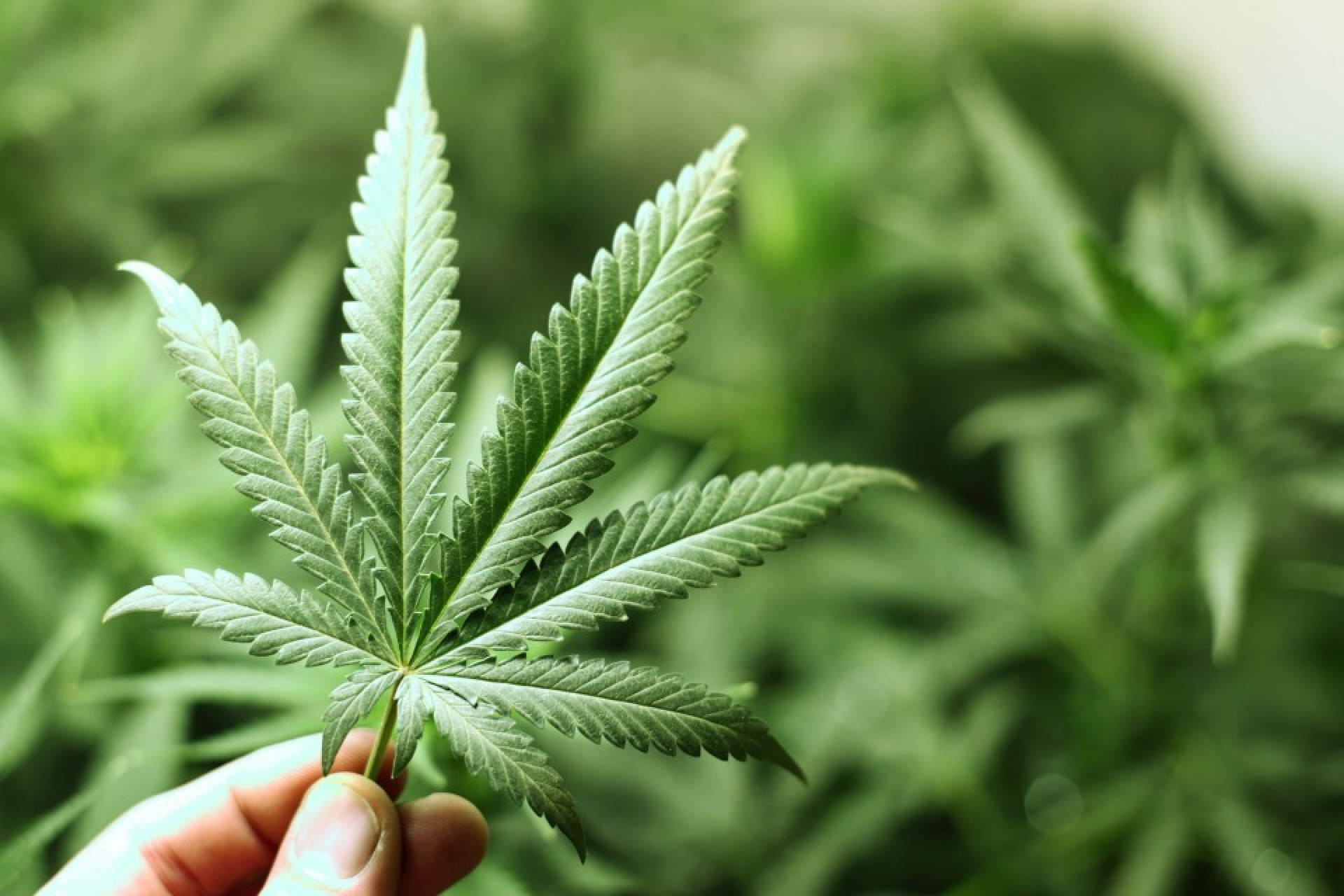Seniors are Embracing Medical Marijuana

Medical marijuana palliative care marijuana senior centers
Zelda Fassler never thought she would call herself a marijuana user.
She's 86 and has deteriorating nerve damage. Fassler said a year ago she used to be on more pills and patches than she could count. She said the first time she tried medical marijuana, she was blown away.
"The first time I was walking and I didn't have any patches on my body, Fassler said. "I was like 'oh my god, I feel human.'"
Fassler takes medical marijuana in the drop form, so every morning she uses a tube to drop a small amount of liquid medical marijuana down her throat.
Fassler said she doesn't feel better immediately, but as the day goes on she gradually feels better.
"In the morning I am walking with a lot of pain and you know if I get up in the middle of the meal to get something I'm like 'oof, I feel okay,'" Fassler said.
Fassler is a resident at the Hebrew Home in the Riverdale section of the Bronx. She's been living there for two years, and she said taking medical marijuana allows her to truly live her life.
"I'll get up one day and I say, you know I'd really love to go to Target for a while. I really go out a lot," Fassler said.
Fassler is part of a growing trend of seniors in the United States using more medical marijuana.
According to the journal on Drug and Alcohol Dependence, in 2015 3% of people over the age of 65 used marijuana. In 2013, that number was only 1.4%.
Dr. Zachary Palace is the Medical Director for the Hebrew Home. Palace said Fassler's story isn't dissimilar to what he hears from his patients on a daily basis, but he said sometimes it's hard to convince patients that medical marijuana is an option for them because of the stigma associated with marijuana.
"For many of our residents who are older," Dr. Palace said. "There are a lot of stigmas that they have coming into it, and they are concerned about the addictive potential and are concerned with all of the negative stigmas associated with marijuana use."
Palace said since the federal government classifies marijuana as a Schedule 1 drug, meaning it's not medically useful, senior centers often are unable to offer medical marijuana to their residents.
Palace said the Hebrew Home stays compliant to federal law by giving the seniors who take medical marijuana, lockboxes. Palace said right now only 10 residents of the Hebrew Home are taking part in their medical marijuana program. Like Zelda Fassler, each resident has to pay an out of pocket fee of $100 because it's not covered by insurance, but he hopes the number grows, as marijuana is gradually destigmatized.
Palace said medical marijuana is far better than other more potent options
"It's been a great alternative to opioids. It's been able to help them in terms of reducing their inflammation. It's been helping them feel better, not just treat their pain just overall feel better," Dr. Palace said.
Palace said that he wants the federal government to take marijuana off the list of Schedule 1 drugs, so more seniors can have access to it.

